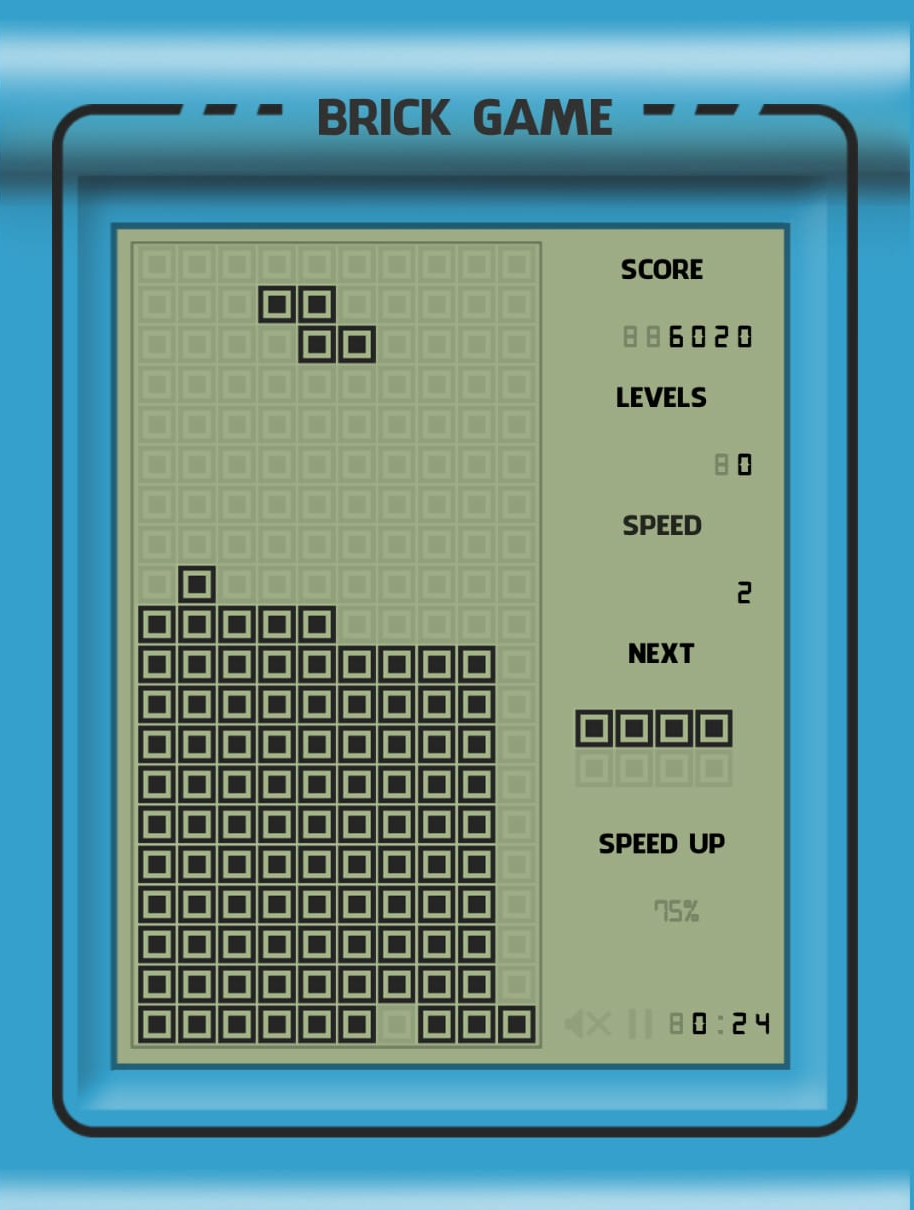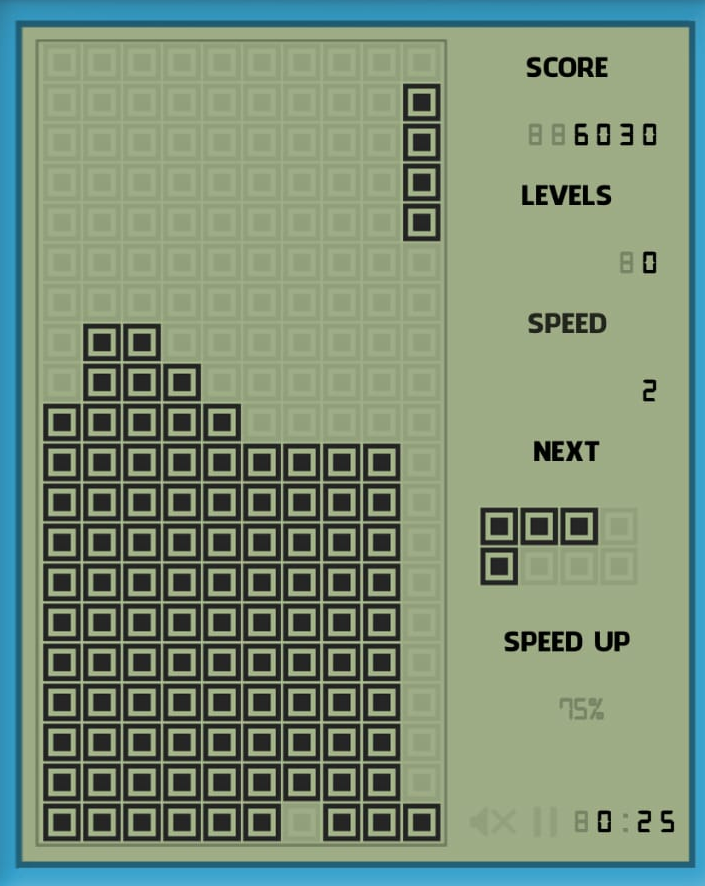In pursuit of the perfect Tetris grid (and what it taught me about life)
I remember reading somewhere that playing Tetris could be used to avoid post-traumatic stress disorder. According to research, people who played a game of the famous block-wrangling classic were able to avoid forming painful memories of car accidents if they played within six hours of arriving at hospital.
I decided to put it to the test this week after a challenging day at work. Now before this sets alarm bells ringing, I'm not suggesting my day job puts me at risk of PTSD. It was really just a long day: lots of heavy meetings and planning around big topics (pay, promotions, performance... all the juicy ones) and this is always a bit draining. Trying to decompress after all this, I thought I'd give Tetris a go.
I searched the app store and avoided the official one which was laden with advertising and looked too, well, modern. I wanted something that evoked the classic Tetris feel and eventually found "Brick Game", which carefully avoided any mention of the T-word but was close enough to what I was after. I downloaded it and played for a while.
Another brick in the wall
Something struck me about my Tetris strategy as I played: I was deliberately avoiding filling in some areas of the grid in order to set up that beautiful scenario where a perfectly-sized piece appears at the top of the screen and you can drop it into place with a satisfying clunk, scoring maximum points. This is a high-risk strategy: you end up stacking blocks closer and closer to the top of the screen with no guarantee that the specifically-shaped piece you're waiting on will ever actually appear.

I realised that I often employ this strategy in Scrabble, too. Let's say I've got QUICKLZ on my rack: I'll spend my next few turns sacrificing the spare letter in the hope of discovering a random Y in the bag, so I can play QUICKLY on a triple-word square. Of course, what tends to happen is that my opponent puts down plenty of tiles while I hold back in pursuit of perfection, and when I finally get the letter Y, there's no space on the board to play it.
It's a hard block life
You can probably see where I'm going with this. My Tetris and Scrabble strategies are about putting off short-term reward in favour of a potential-but-risky larger reward later. As I lay on the bed manoeuvring blocks around my phone, I wondered if I was doing something similar in my life, too.
I think sometimes I deprioritise doing things for myself in favour of waiting for conditions to be "perfect" for them, for all of my ducks (or Scrabble tiles) to be in a row, and then miss the opportunity. Or perhaps I eventually get to realise the big success I've been hoping for, but at the expense of lots of smaller ones along the way. As Rebecca Taylor teaches, we should prioritise pleasure.
On the other hand, though, imagine how good this moment felt...

Mini-feels this week
Auf Wiedersehen, Jürgen
The Liverpool manager Jürgen Klopp has just announced his imminent departure from the club, which I discovered via my family WhatsApp (with one of my sisters helpfully clarifying what happened for me, a non-football fan)

In his announcement, Klopp talks about no longer having the energy to continue with yet another season after another, despite the successes he's brought to the team (even in my footballing ignorance, I'm aware of this). I was really impressed to see him speak so candidly about this instead of resorting to cliché or the usual "spending more time with family" etc.
More men should be able to call this out, eg. when we're just not feeling up to something and don't want to rinse-and-repeat, even if the rewards are high. Who knows what Klopp will do next, but he's certainly empowering a generation of football fans with his attitude and openness.